Navigating Game Development Contracts: Essential Legal & Licensing Terms for Indie Devs
Navigating Game Development Contracts: Essential Legal & Licensing Terms for Indie Devs
Game development involves more than just coding and art; it requires a solid understanding of legal agreements. Indie developers often overlook the critical importance of well-structured contracts, leading to significant problems down the line. Protecting your intellectual property and securing fair compensation are paramount.
Understanding Intellectual Property (IP) Rights
Intellectual property is the bedrock of your game. You must clarify who owns the game’s code, art, music, and narrative from the outset. Without clear IP ownership, future disputes can halt development or lead to costly legal battles.
Work-for-Hire Agreements
When hiring freelancers for art, music, or programming, a work-for-hire agreement is crucial. This contract ensures that all work created by the contractor becomes your property. Explicitly state that the developer retains all rights to the finished product, even if the contractor contributes significantly.
Licensing vs. Assignment
Understand the difference between licensing and assigning IP. Licensing grants permission to use IP under specific conditions, while assignment transfers full ownership. Most indie developers should aim for assignment for core game assets to maintain complete control.
Demystifying Royalty Agreements
Royalty agreements dictate how revenue is shared, typically with publishers or investors. These terms are complex and require careful scrutiny.
Defining Net Revenue
Always clarify what ‘net revenue’ means in a royalty agreement. Publishers often deduct various expenses before calculating royalties, which can significantly reduce your share. Negotiate for a clear definition that limits deductible costs.
Royalty Splits and Tiers
Royalty percentages can vary widely. Some agreements include tiered structures, where percentages increase after certain revenue milestones. Ensure these tiers are achievable and the percentages are equitable for both parties.
Audit Rights
Include audit rights in your royalty agreement. This allows you to inspect the publisher’s financial records to verify royalty calculations. Without this clause, you rely solely on their reporting.
Publisher Agreements: What to Watch For
Signing with a publisher can provide crucial funding and marketing, but these contracts are often highly favorable to the publisher. Read every clause carefully.
Marketing Commitments
Ensure the publisher’s marketing commitments are clearly defined and measurable. Vague promises of ‘best efforts’ are insufficient. Specify minimum marketing spend or concrete promotional activities.
Termination Clauses
Understand the conditions under which either party can terminate the agreement. Negotiate for reasonable termination clauses that protect your interests if the partnership isn’t working. This is especially important for reclaiming your IP if the publisher underperforms.
Exclusivity and Platform Rights
Be mindful of exclusivity clauses, which may restrict you from releasing your game on other platforms or with other publishers. Negotiate the scope and duration of exclusivity to maintain flexibility.
Collaborator Agreements: Team Dynamics
Even within a small indie team, formal agreements are essential. These contracts prevent future disputes among co-founders or long-term collaborators.
Create a free account, or log in.
Gain access to free articles, game development tools, and game assets.


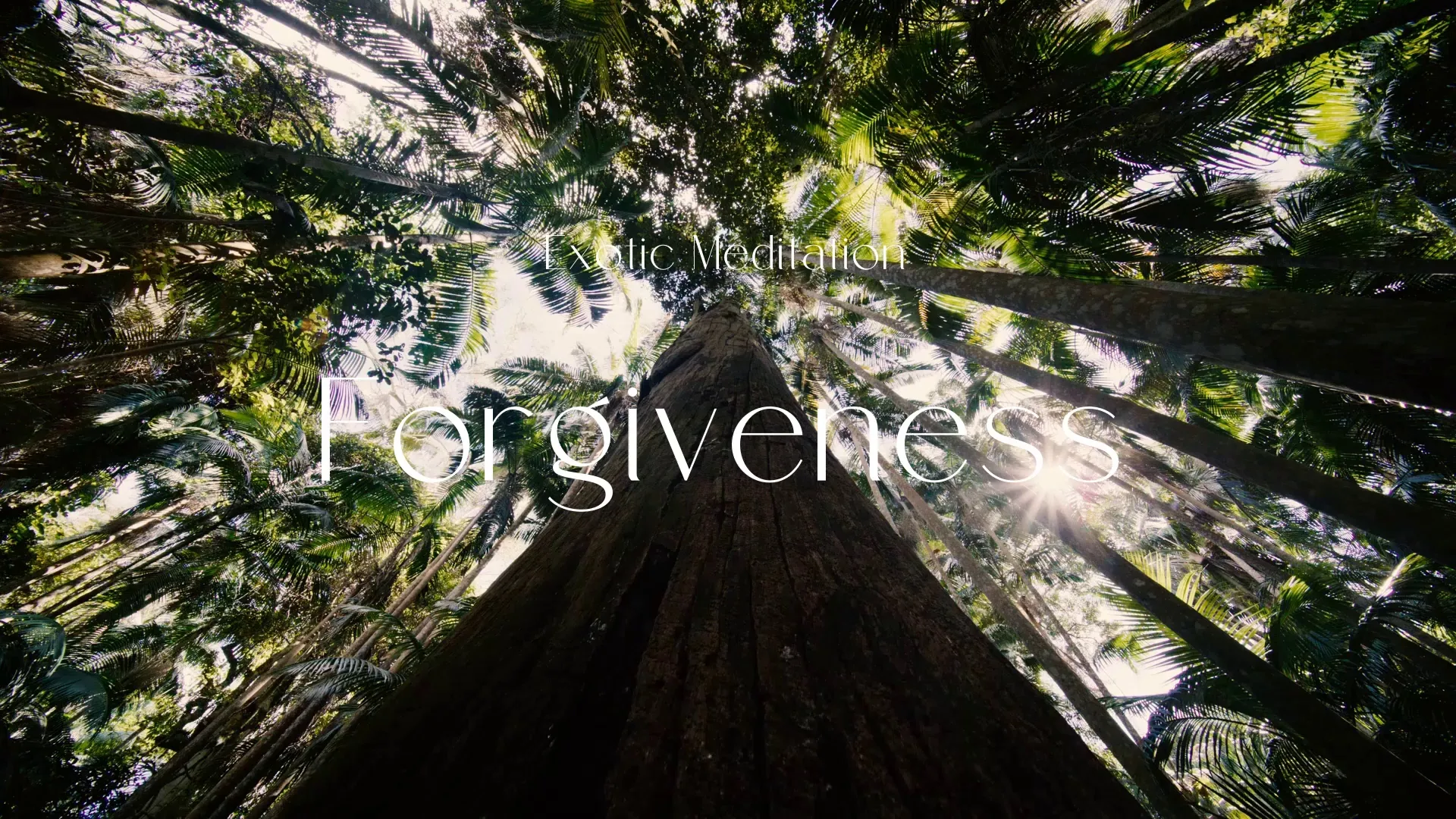

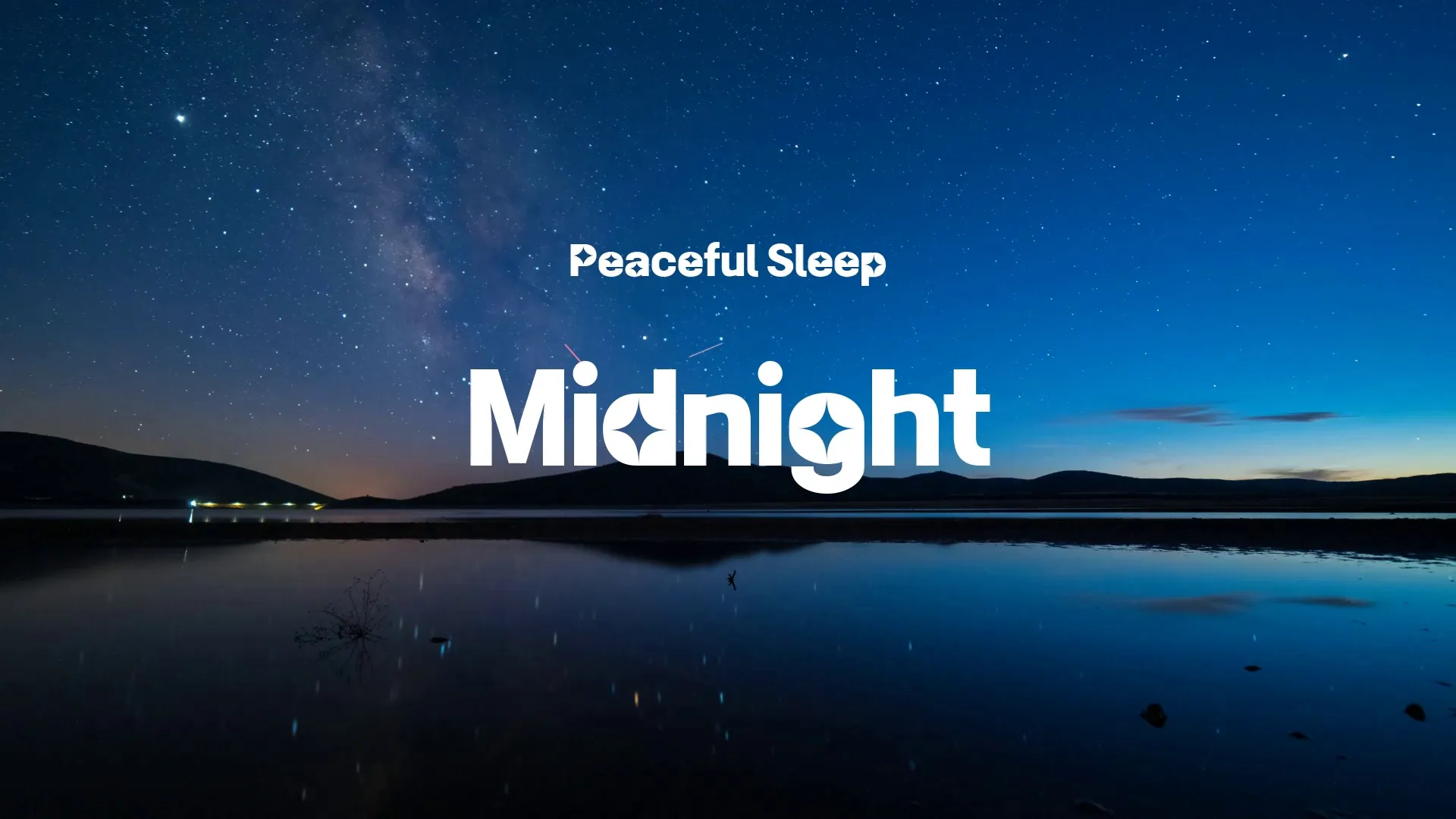

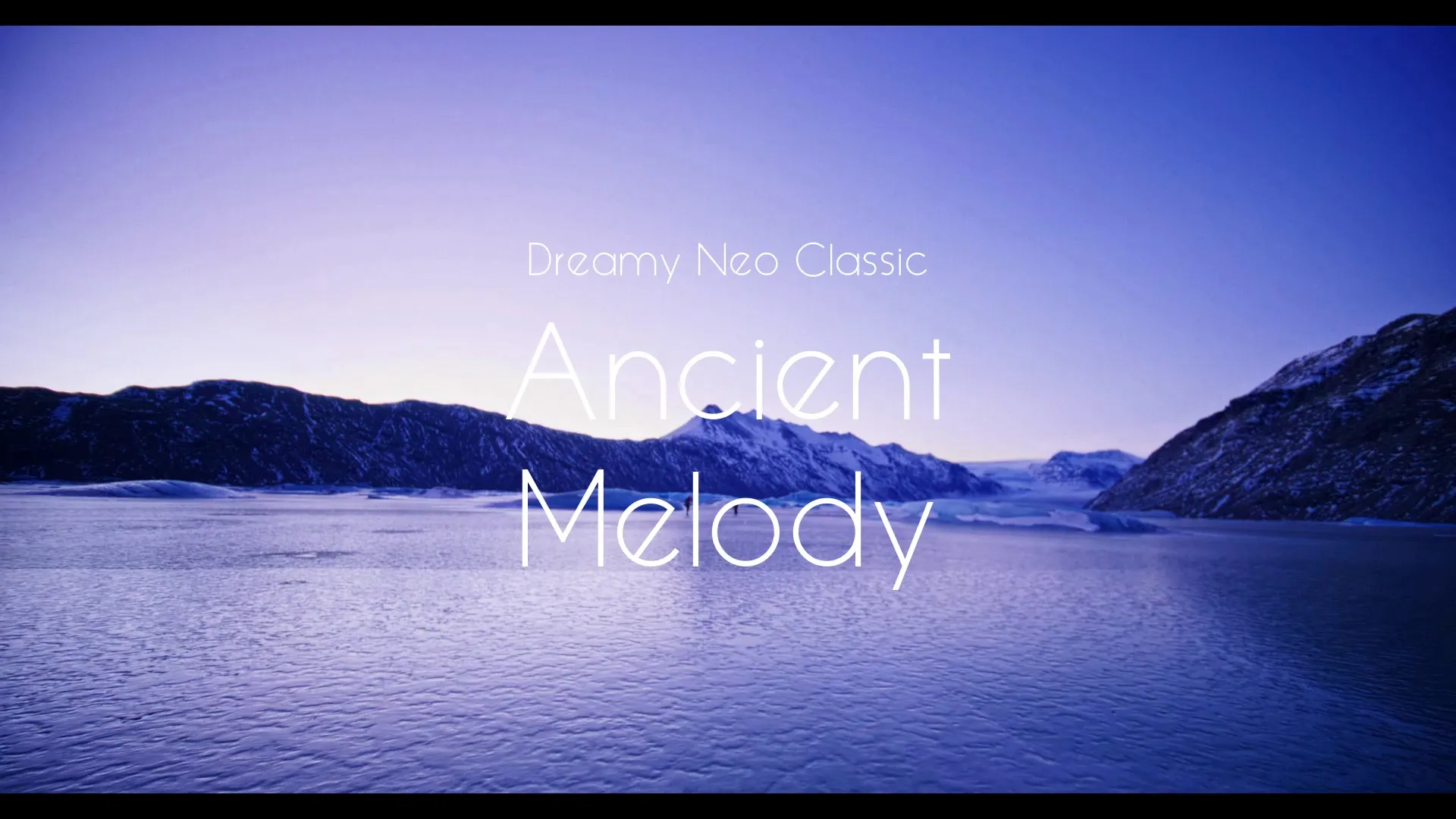
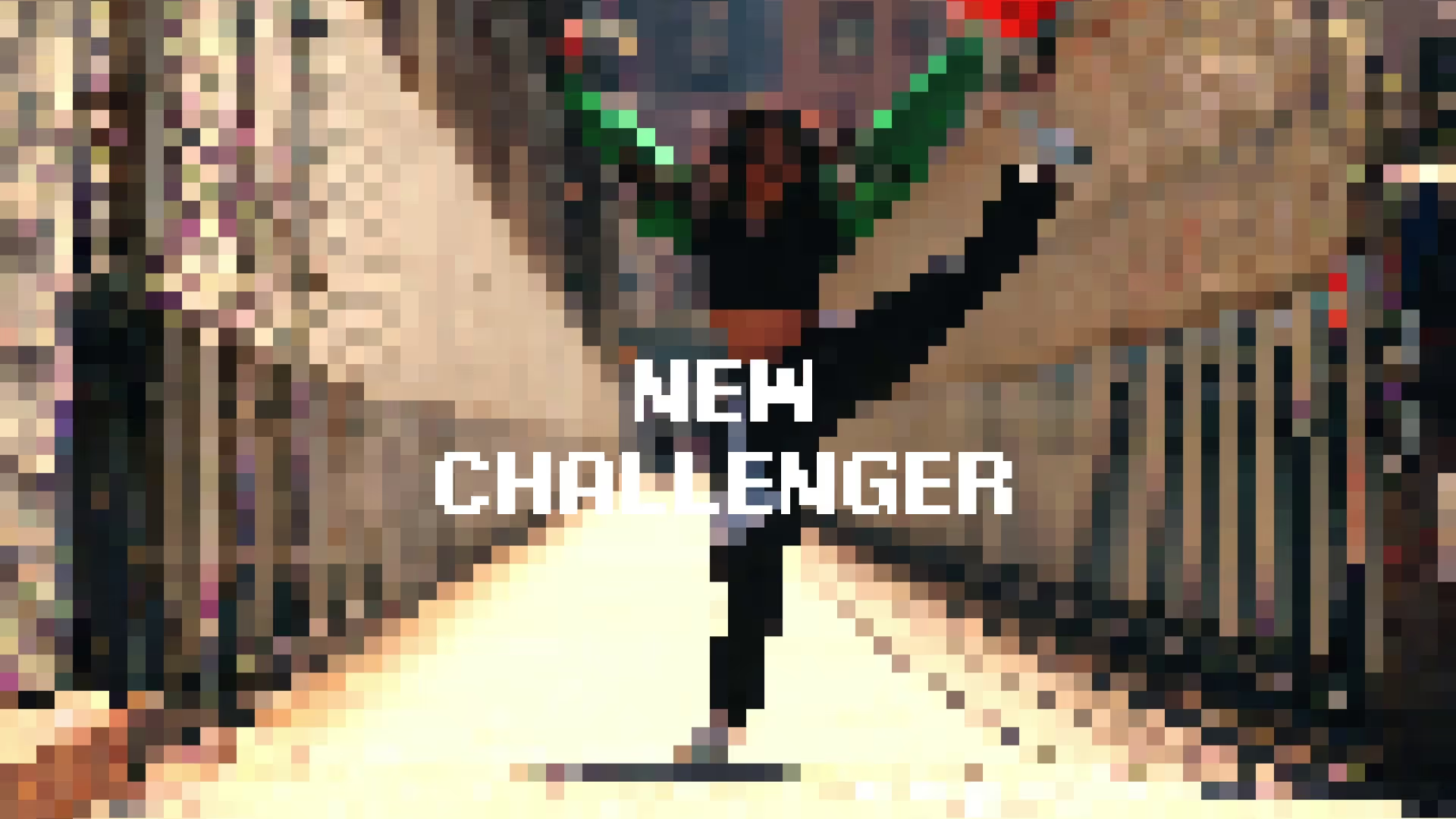


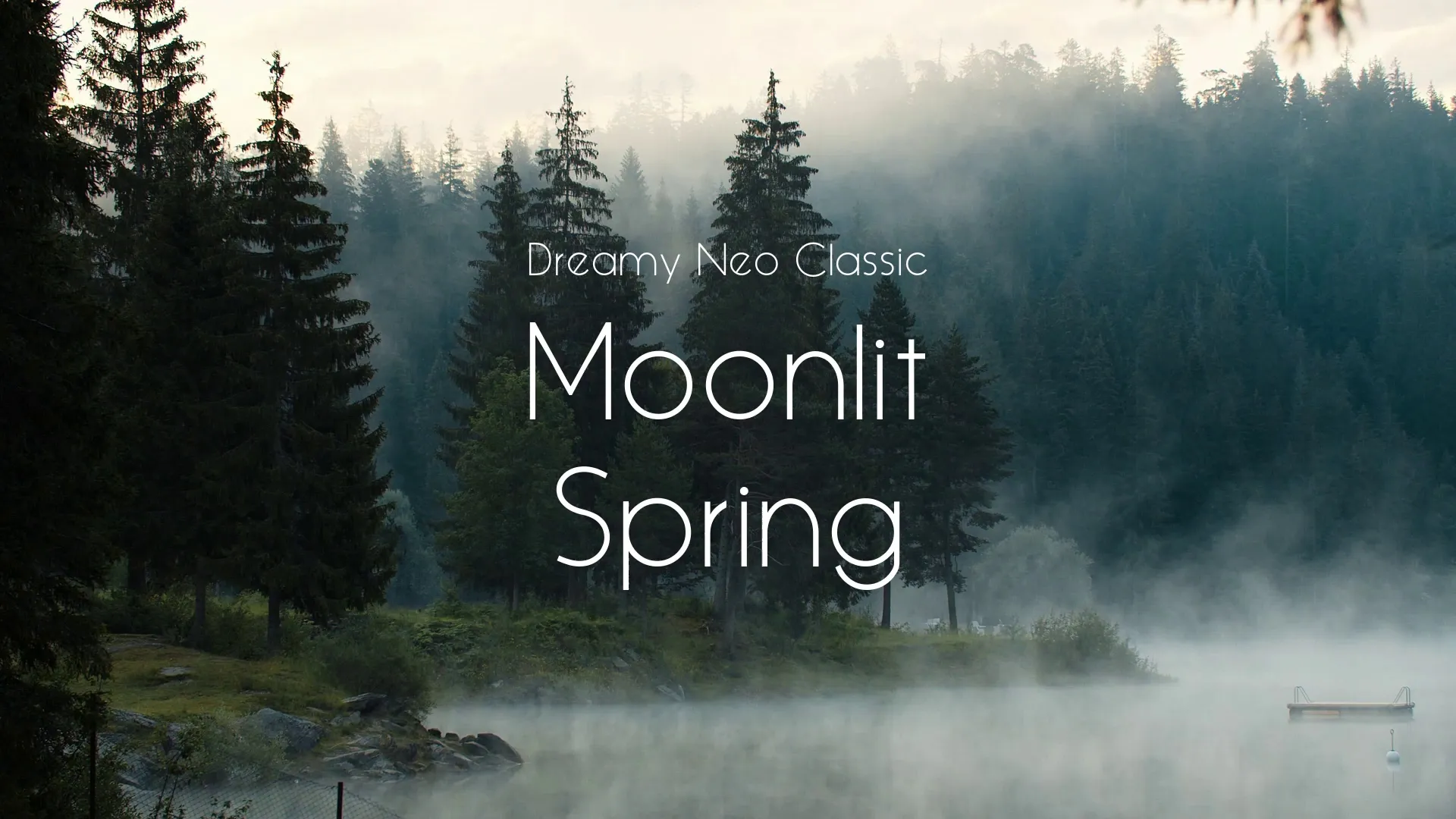
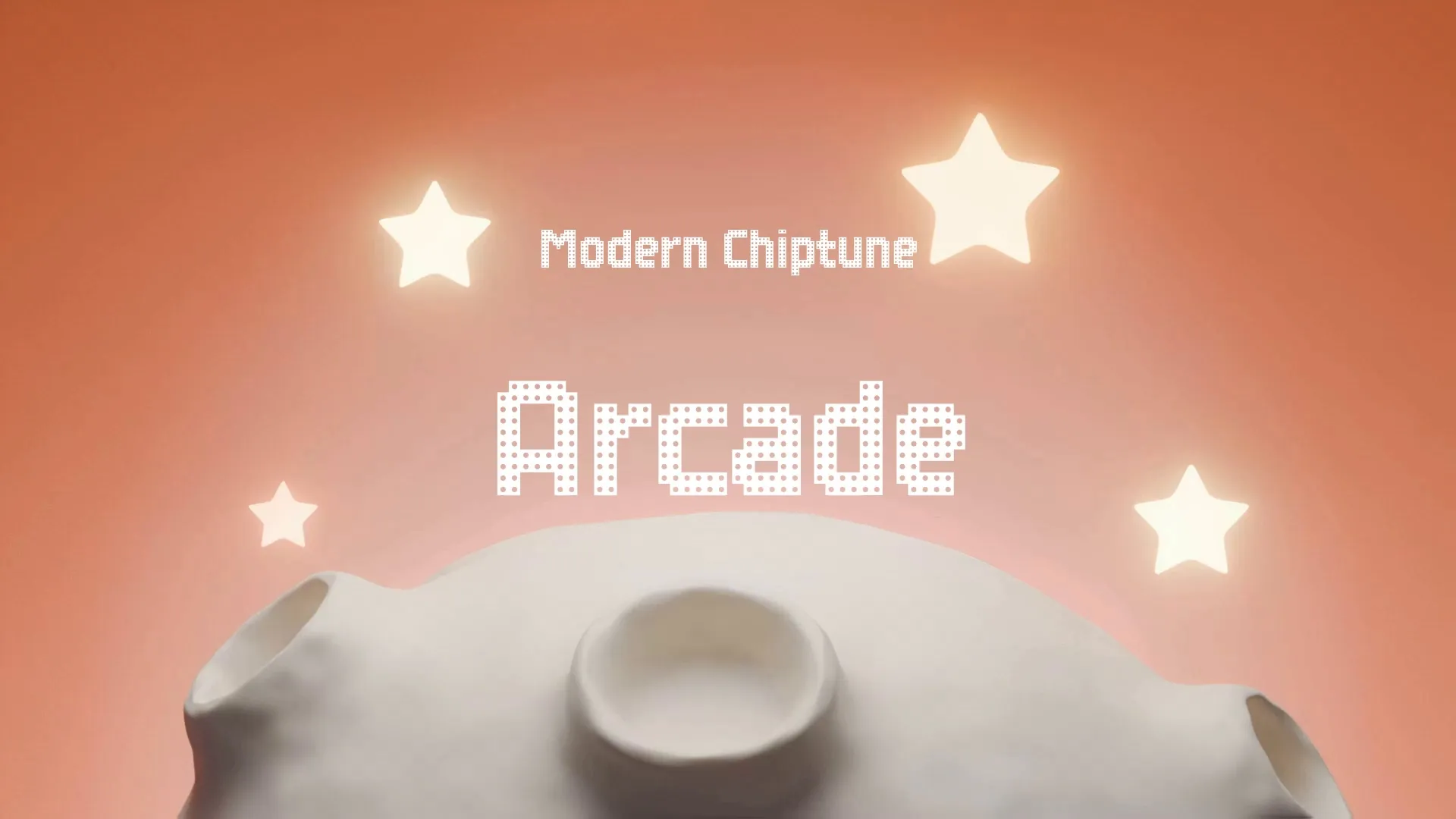


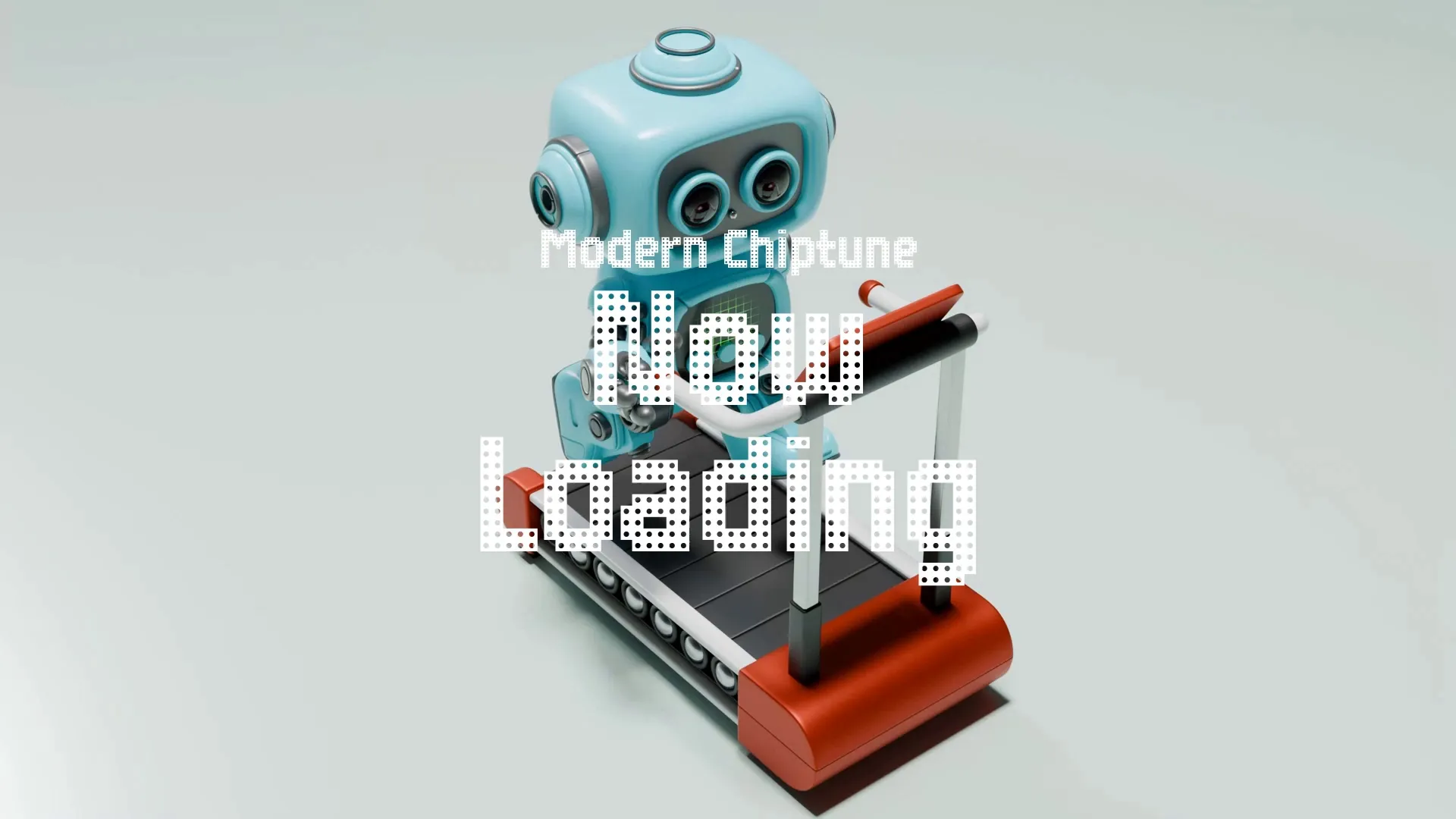
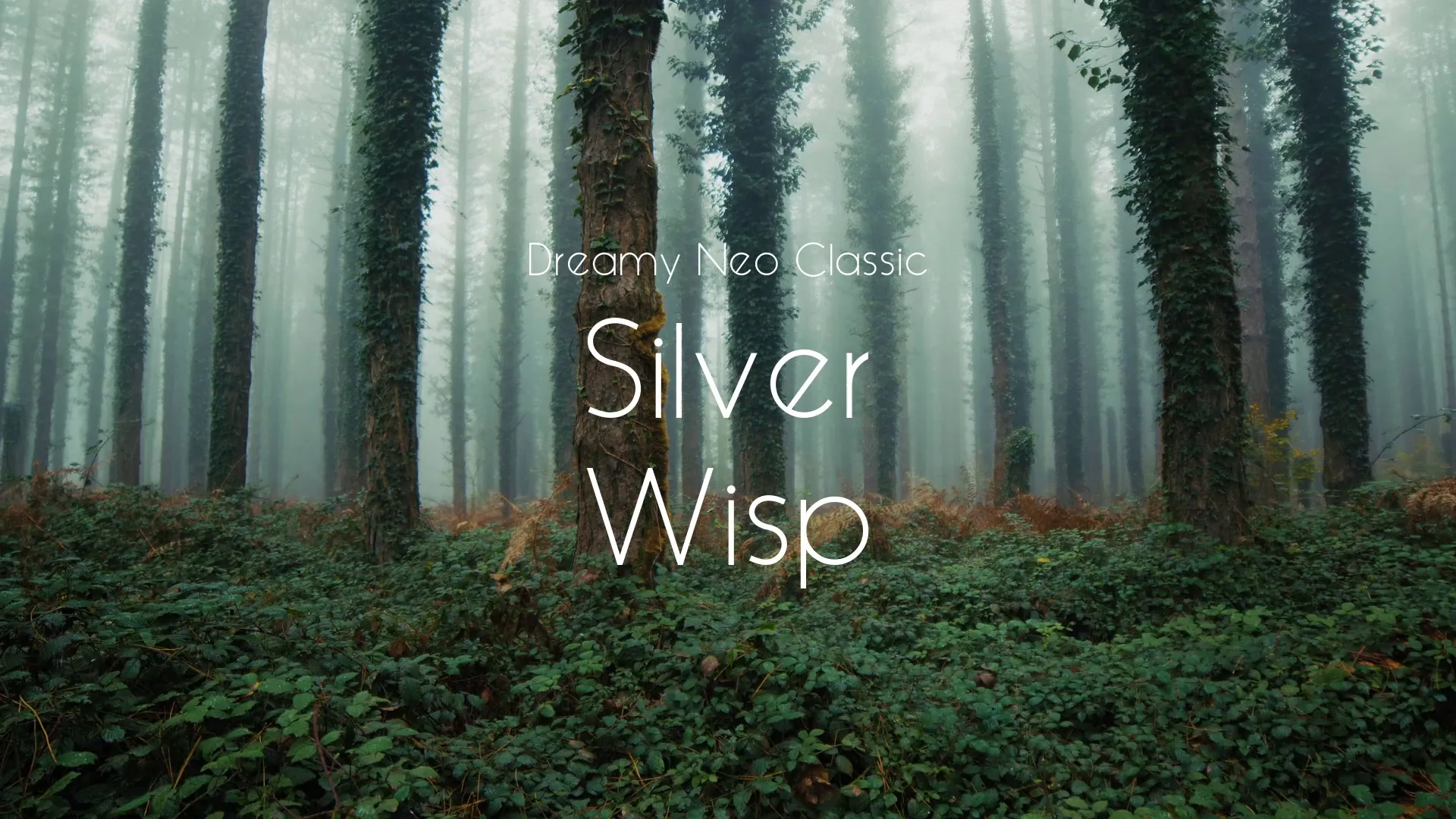
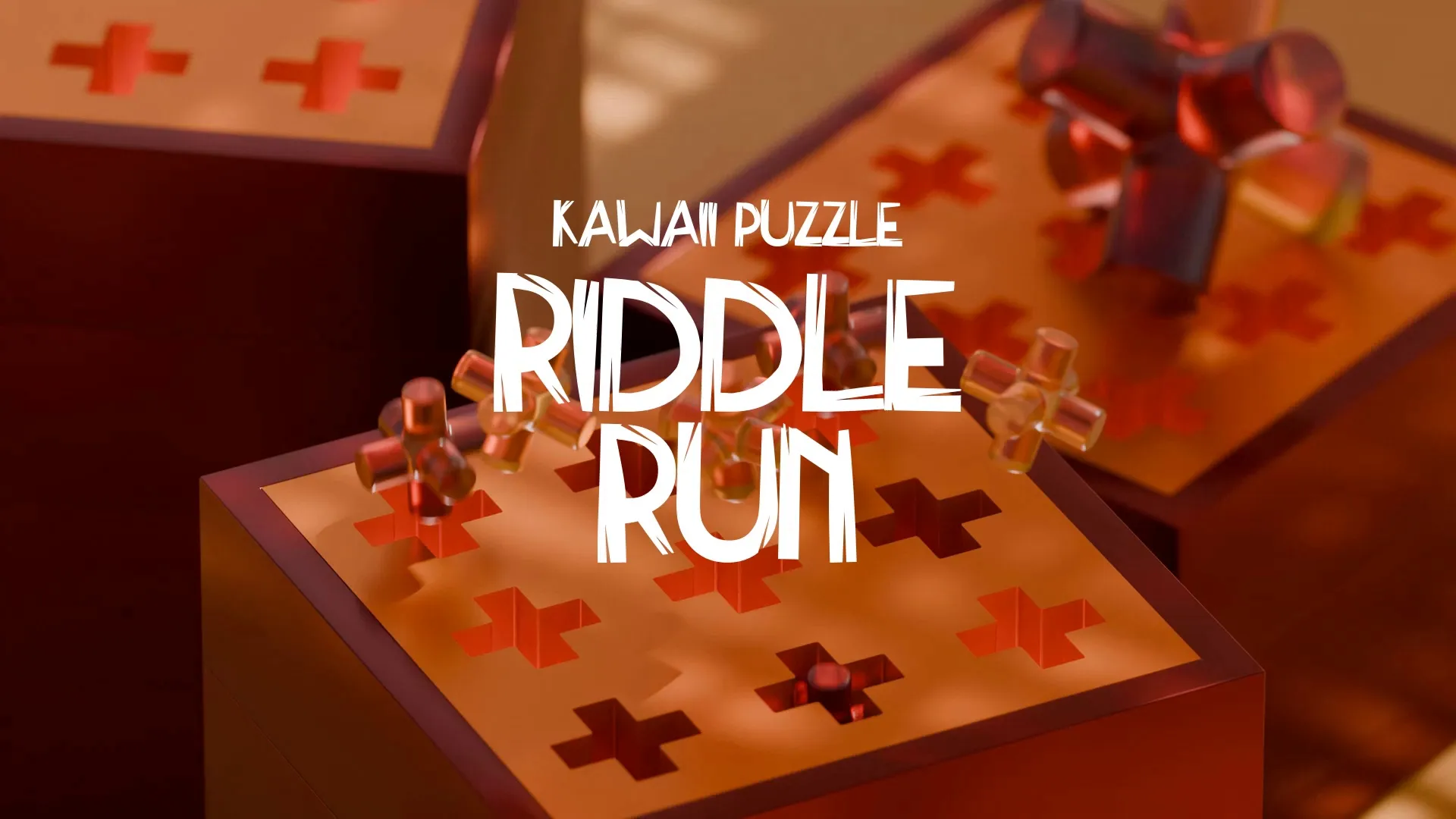
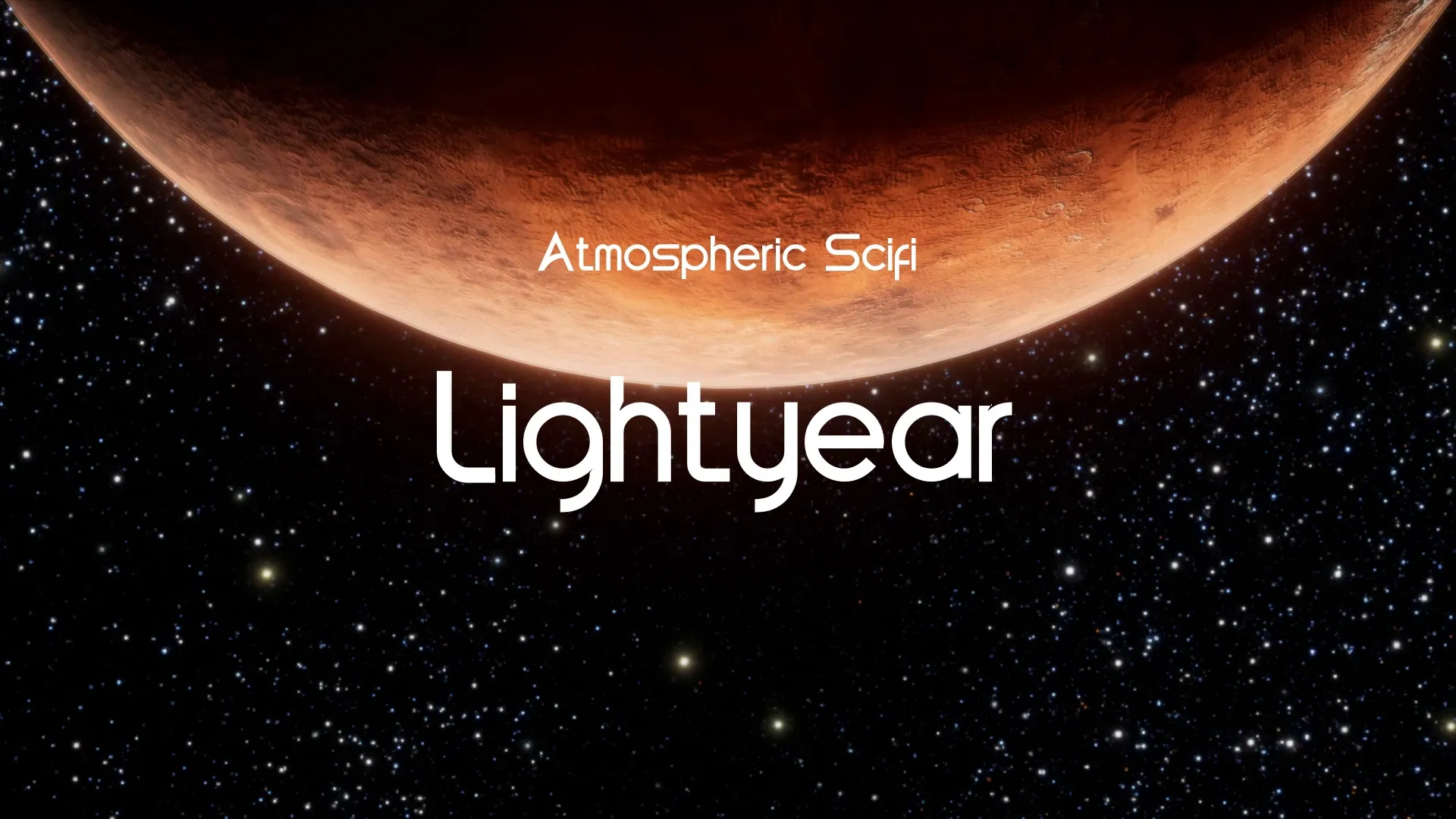
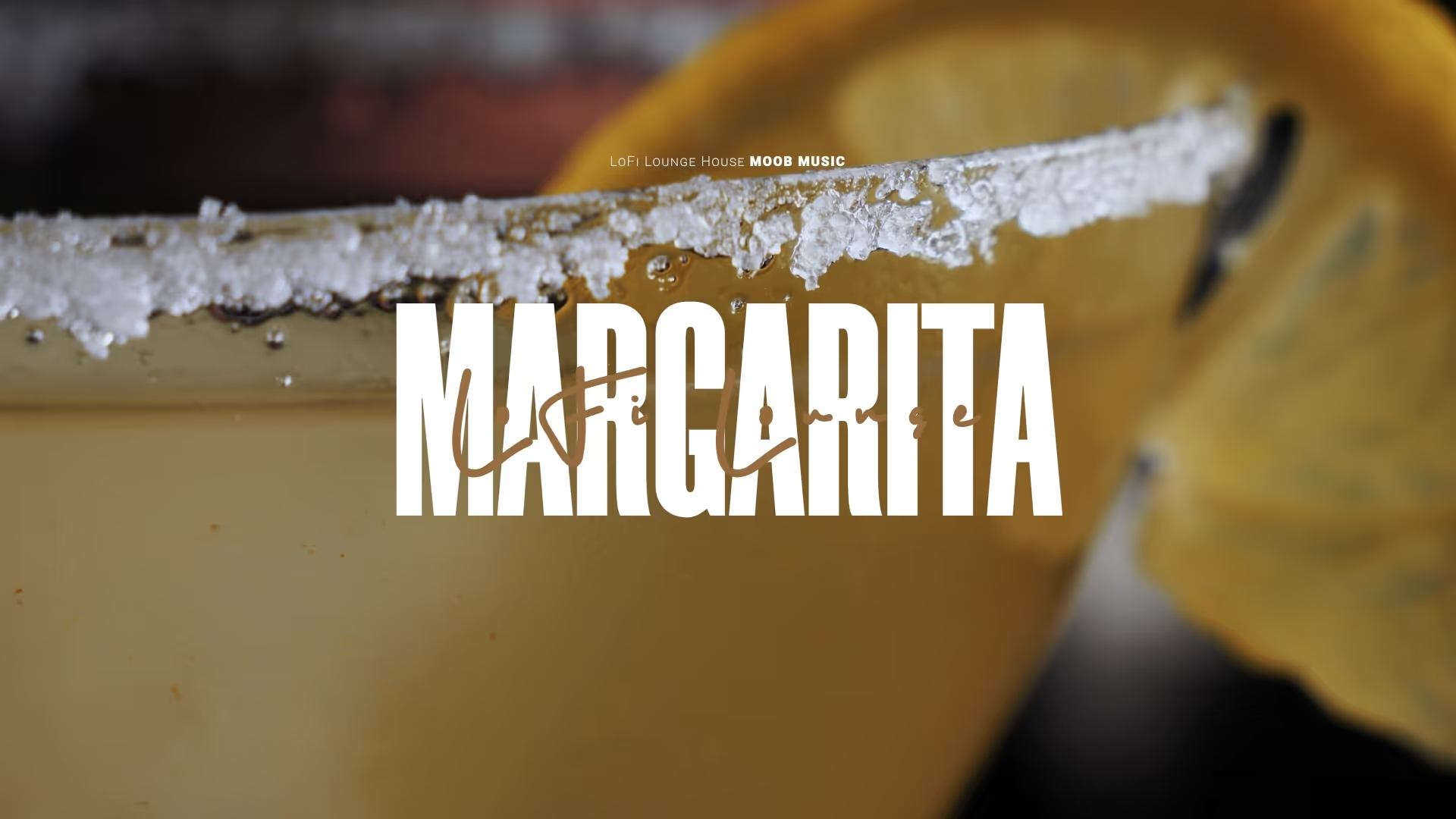

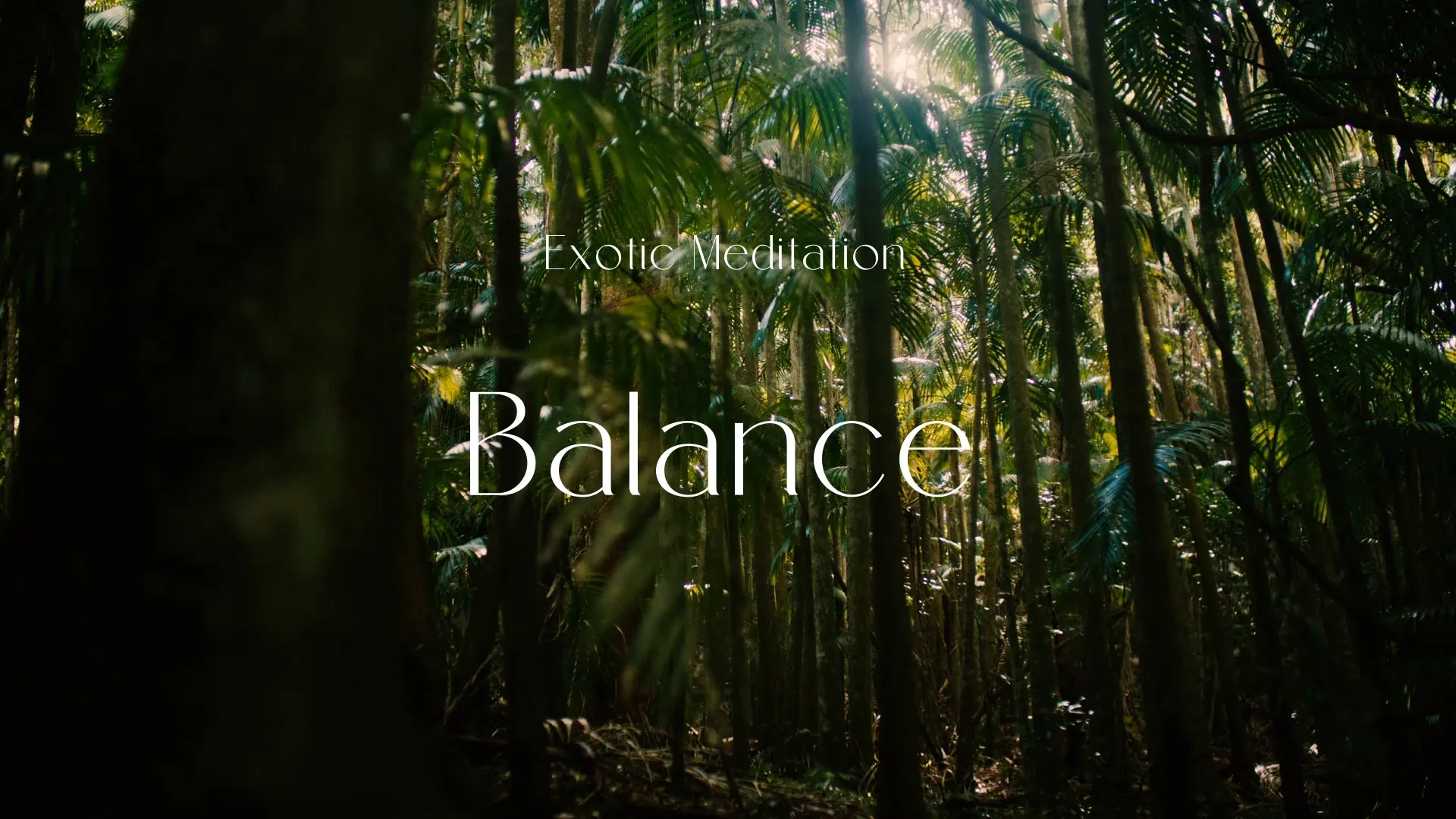

.webp)
